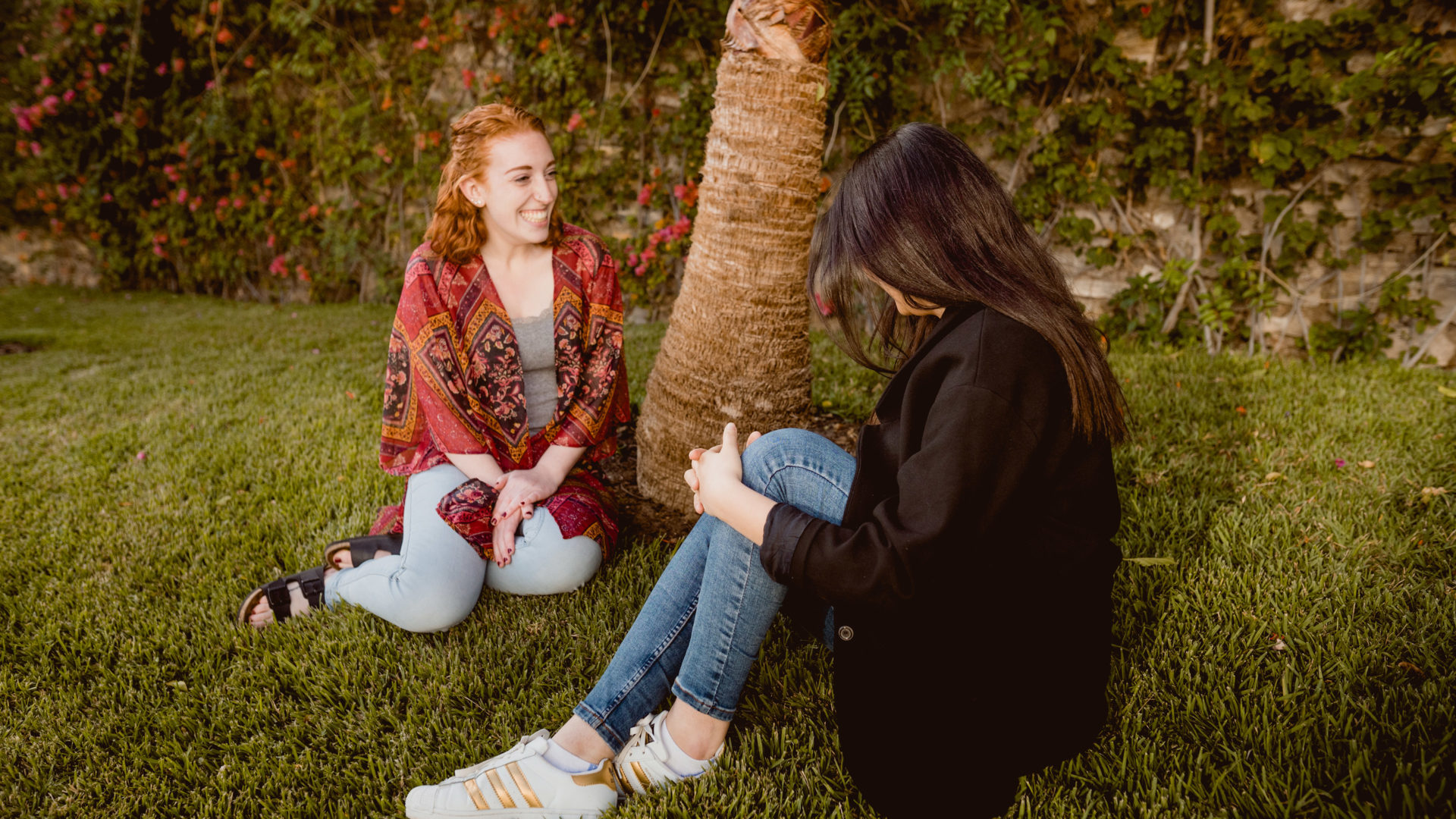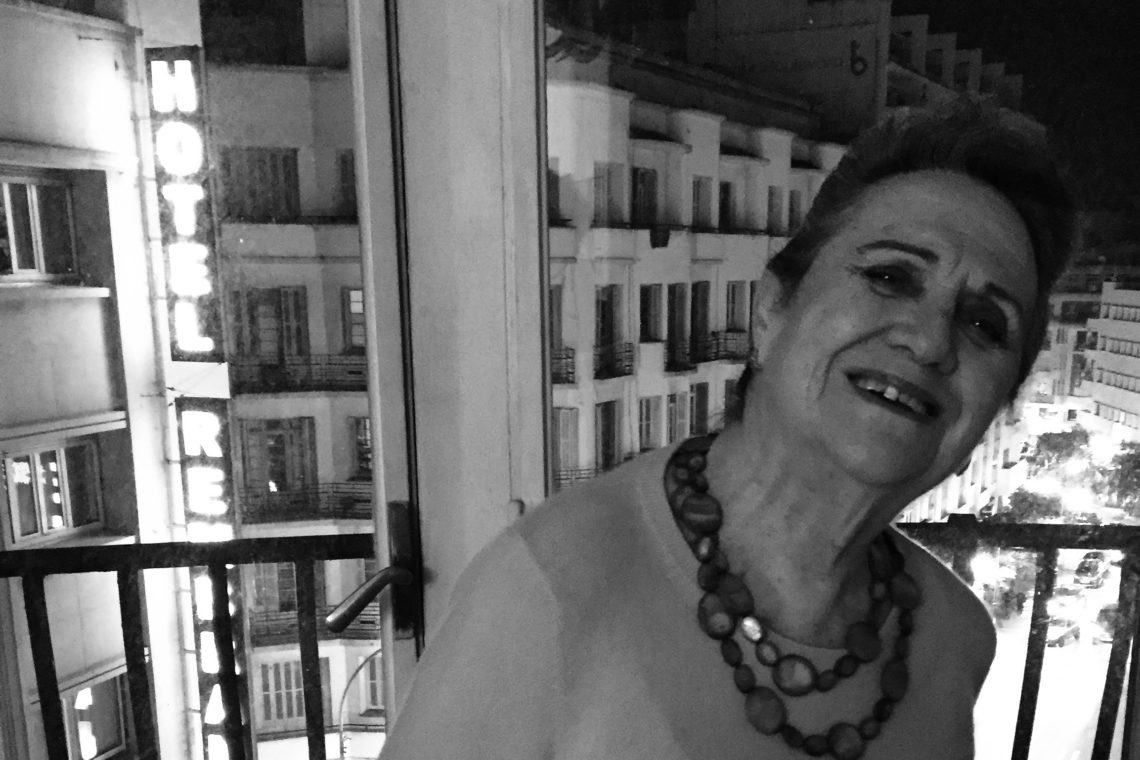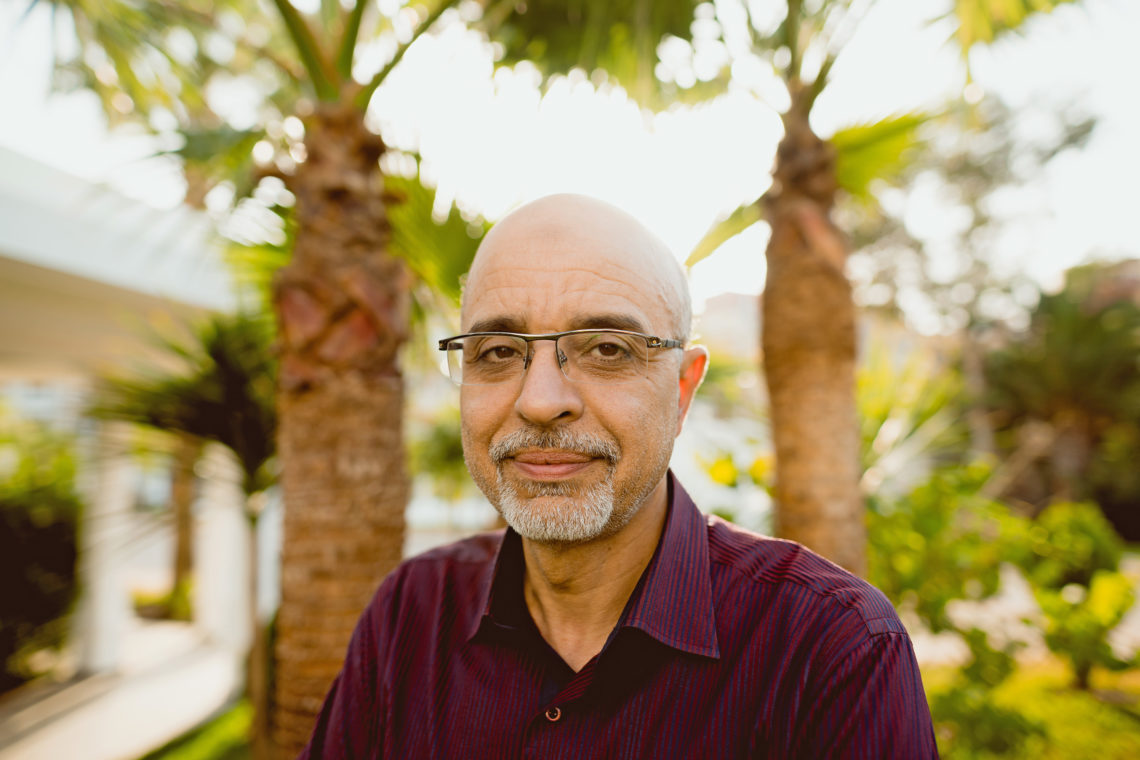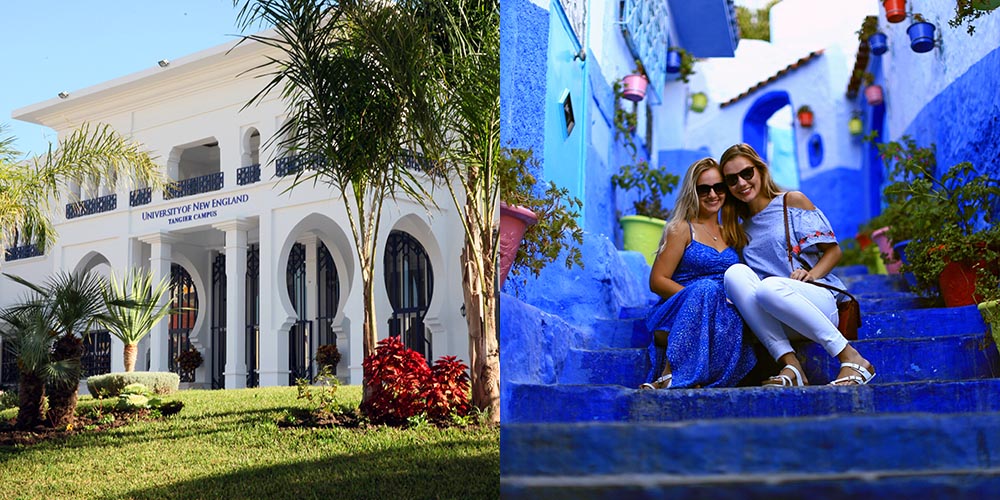When I decided to come to Morocco, some of my family members were worried. “You know it’s a Muslim country, right?” some said. “And Muslims don’t like Jews.” I thanked my family for their concerns but made it clear I was traveling to Morocco with an open mind.
When I met Rania, I knew she could be someone I could really learn from. It was a quiet Saturday night, so I decided to strike up a conversation with her. She immediately set me at ease about Islam. Growing up, Islam taught her certain morals and helped her develop into the person she is today. She explained how spiritually enriching the religion can be, and how it works as a refuge for many people, especially in the “lower classes,” escaping the harsh reality of life. It’s also tolerant: in Morocco, she assured me, there was probably more religious tolerance than in America. That’s not the problem here, she said.
“So what is?”
“Hell.”
“Hell?”
She had told me that from a young age she was taught to be afraid of what was going to happen in the afterlife—she was scared of fire and brimstones. “I didn’t know any better,” she said. “I literally cried some nights because I was afraid to go to hell. When girls get their period for the first time, they become women. That’s when they are obliged to start wearing hijab, fast and pray five times a day. Just doing all of the religious things. Fear of damnation is a big motivator.”
“Do you still believe in hell?”
“I don’t know,” she laughed.
I learned how Rania had always been interested in English; she always enjoyed learning about English culture and language. Most schools in Morocco only teach in French, so there weren’t many options for her. She said that English was the only thing she could do and actually enjoy, so majoring in English just made sense. When she went to her father to tell him she wanted to go to Tetouan to study English at university—that’s the only place that had that major—he told her, “No, you can’t protect yourself, you’re just a young girl. If you go, you don’t come back.” Rania explained how “in our culture, the girl should live in her parents’ home and should be protected by her dad and brothers until she marries a man who can protect her.”
She decided to sneak out and go anyway.
In the end, her father was glad she followed her dreams. He admitted that parents sometimes don’t know what’s best for their children.
It was studying English literature at the university that stirred her interest in philosophy, history, and religion. When she started reading philosophy, she learned to take religion with a pinch of salt. Religion has been around since the beginning of time, and every religion has always claimed to be the right and truest one. This was when she began thinking, “Is something true just because the Quran says so?” Religion is obviously invented by men, she concluded. She looked at me and said in a soft but firm voice, “Why does religion tell me men are better than women? Or why does it privilege men in heritage? Why are men given permission to polygamy under certain conditions while women are not? Maybe it’s not as true and just as it claims to be.” This was when she decided to stay neutral and bring science into the picture.
I was curious to learn what life was like for her after she began questioning the divine origin of Islam. Rania said that she did not tell her family. “Living in Morocco as a Moroccan, I’m kind of forced to be a Muslim.” Her parents are not educated, and what they are used to is all that they know. Her family would think she was losing her mind if she told them how she thought. Why should she put her parents through that? She told me a saying in Arabic that means “teach children to pray at the age of 7 and beat them at the age of 10.” Her parents were the opposite: Her mom is kind-hearted, tolerant, and sweet, and her father is overprotective and selfless.
When I asked her if she was happy with her decision to move away from a strict religious life, she replied “I’m happy with myself. Maybe when I’m older I’ll get more religious and get ready for the afterlife, or maybe I will just die and whatever happens, happens. You can never be completely sure, but right now I’m comfortable with my life and the decisions that I’ve made.” She added, though, that she still pretends to follow her family’s beliefs because she doesn’t want to disappoint them. I found it astonishing that the diversity here in Morocco doesn’t only apply in cultures, languages, and lifestyles but also mindsets and religious beliefs.





Comments are moderated by the editor and may not appear on this discussion until they have been reviewed and deemed appropriate for posting. All information collected is handled in a manner consistent with our privacy policy.